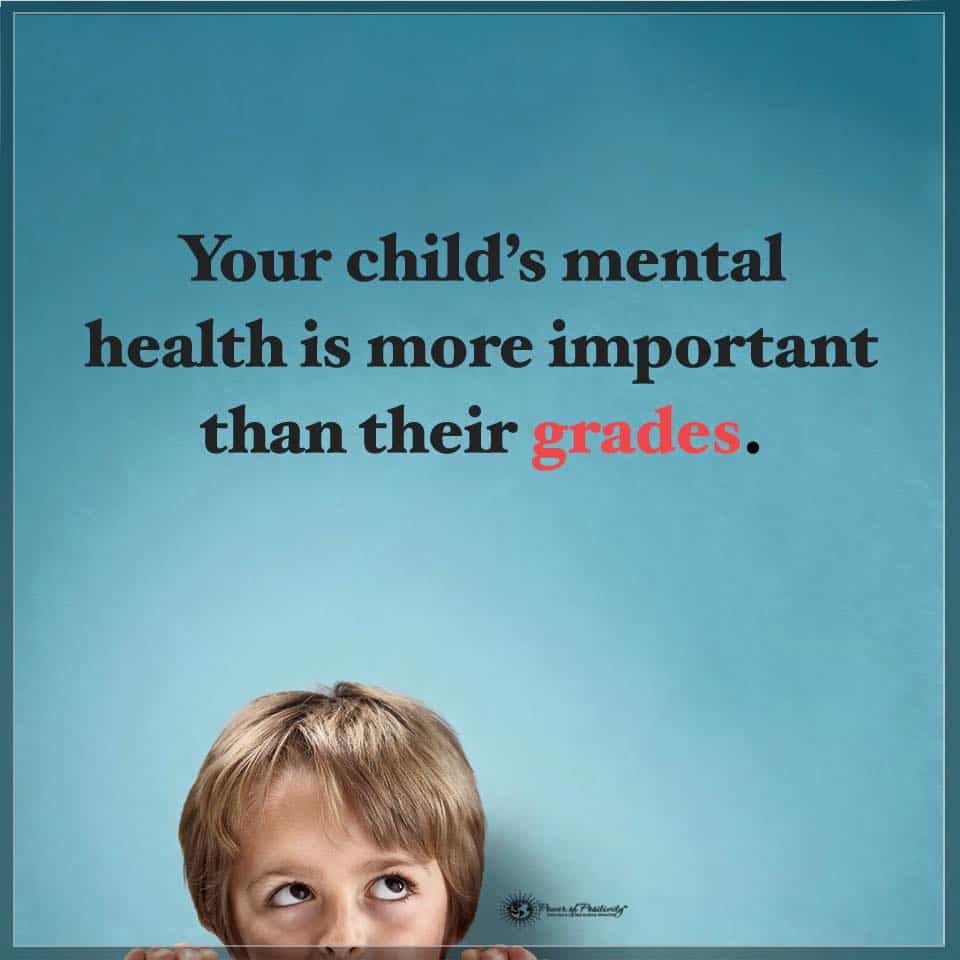Signs of creative genius in children usually show up at a young age. While everyone wants to believe their child possesses more significant than average intelligence, only 6-10% of children are smart enough to be classified as “gifted.” A child prodigy, or pure genius, is even more uncommon, at a rate of about one in 5 or 10 million children, according to one psychologist.
So, what traits does a creative genius typically portray? Researchers say that children will display the following characteristics:
- Has a strong vocabulary for his or her age.
- They pass intellectual milestones early.
- Can recall and master information quickly and easily.
- They have a fantastic memory. In this study of eight child prodigies, each one had a working memory in the 99th percentile.
- Loves to read and also has a high reading level for his or her age.
- They become easily absorbed in specific topics and have an in-depth knowledge of them.
- May show intolerance toward other children, as they get frustrated with “normal” conversation and activities.
- Shows boredom with routine tasks.
- Awareness of world events
- Asks a lot of questions about everything
- Loves to talk
- Prefers to spend time with an adult or in solitary activities
- Shows a love of music at a young age
- Is a high achiever and sets high standards for him or herself
Below, we’ll expand upon some of these points so that you can learn how to foster creativity in your children.
Here are seven main ways to tell if your child is a creative genius:
A surefire sign of intelligence in a child is a love for reading at a very young age. They will most likely pick books way above their reading level as well, and show an interest in specific topics, such as weather or dinosaurs. Kids who love to read have a big imagination and enjoy getting lost in the various fantasy worlds that authors create. Children feel drawn to books because of their voracious appetite for knowledge about the world around them.
If you see that your child loves to read, help them foster creativity by asking what types of subjects they like to read about. Then, discuss the books and topics with them afterward, so they retain more of the material in their memory. Many children who love to read may even stay up past their bedtimes because they get so engrossed in the books!
They love spending time alone.
While most children love to play, exceptionally gifted children will often feel compelled to spend more of their time alone. They like to use their imaginations to draw, role play, or maybe even create an imaginary friend to spend time with. Some parents may feel worried about their children having an invisible friend, but studies have found that this points to an overactive imagination.
A sign of creative genius is creating whole worlds based on stories they’ve read or maybe things they’ve seen in a show. They love to tell stories and generate fantasy situations, which compels them to have an imaginary friend to carry out this scenery in their mind.
They have an insatiable curiosity.
Most children naturally feel curious about the world around them, but a gifted child will ask more questions than usual about everything. They want to know both why and how things work, and you may not even have the answers to all of their inquiries. You can help them foster creativity by assisting them to research the topics and interests they feel curious about.
Perhaps direct them to safe, educational sites online such as Britannica Kids so they can continue learning about what sparks their creativity. Or, you can find educational shows such as those on National Geographic to help them expand their knowledge. Gifted children usually will display in-depth knowledge and interest in a couple of topics and become engrossed in them. If you notice your child reading about volcanoes or dinosaurs exclusively for months at a time, they might be a creative genius.
If your child is a creative genius, they might get bored in school.
Highly gifted children often get bored with regular school work and lessons. They may feel they know everything already and neglect their work or daydream while the teacher lectures. You may have trouble getting them to complete schoolwork because they want to read about other things or pursue creative hobbies such as drawing or painting. The National Association for Gifted Children estimates that gifted children know around 60% of the lessons taught in kindergarten on the first week of class.
So, to foster creativity and help them stay on track, you can add in your lessons to their curriculum when they get home from school each day and cover subjects they show a keen interest in. Or, talk to their teacher about the possibility of them skipping a grade if they show signs of genius.
Gifted children have remarkable creative skills.
Creativity is a sign of high intelligence in children. Studies show that creative people like to come up with new and unique ways of solving a problem while smart people go the logical route in conjuring up solutions. Not to mention, other studies indicate that creativity and intelligence go hand in hand.
If you have a creative genius for a child, they will have an inventive approach to problems and may not fit in with their peers at school. They may feel like the black sheep because of how they think outside the box and see the bigger picture. Brilliant children may display the following traits:
- Coming up with unique, new ideas
- Loves to tell stories, whether fictional or non-fictional
- Has a big imagination
- Loves to brainstorm and suggest creative solutions
- Sees the bigger picture in life and doesn’t worry about the details
- They seem “different’ compared to their classmates.
- Spend a lot of time daydreaming
- May seem scatterbrained because of all their ideas
- Doesn’t follow schedules well and gets “bursts” of energy
- Loves to take risks
They have a strong memory.
Highly intelligent children have no problem memorizing facts and math equations for tests. They absorb information quickly and efficiently and can easily recite a paragraph from a book they just read. They have a knack for memorizing seemingly random facts as well, and many people refer to them as a walking encyclopedia. Some highly gifted children even have a photographic memory, able to recall whole pages of material from books.
Their excellent memory may also be attributed to their insatiable appetite for learning, so if they genuinely enjoy a subject, they’ll have a higher likelihood of retaining essential facts about it. They may focus for hours on learning about something that lights them up inside but ignore subjects that they consider boring.
A creative genius may have an old soul.
Lots of kids who have high IQ’s seem very old or mature for their age. They may not get along as well with their peers because they have different interests and personality traits. Creative, intelligent children may lack in social skills as well, leaning more toward spending time alone so they can read and learn in peace. Because of their maturity and intelligence, they usually get along better with older adults who they can have deep conversations with.
Also, highly intelligent children will have a large vocabulary for their age and may talk on a whole different level than their peers. To foster creativity in the social aspect of their life, perhaps get them involved in clubs at school that have older kids as members primarily. Creative geniuses are often witty, funny, and wise beyond their years and require a different type of social stimulation than others their age.
 Final thoughts on ways to tell if your child is a creative genius
Final thoughts on ways to tell if your child is a creative genius
If you have a creative genius as a child, you may wonder how you can raise them to foster their growth. They may have specific needs than other children, so you might want to talk with their teachers or even professionals who study child prodigies. If you feel that they show true signs of genius, you may even want to contact MENSA for further guidance. Usually, a real childhood genius will need extra intellectual stimulation because they just don’t feel satisfied with a school environment.
They will quickly surpass the teacher’s expectations and grow bored with the curriculum. They will talk your head off and ask a million questions about various subjects. Make sure you give them time to read and play on their own, but also nurture them by reading and creating your own study time to expand their knowledge on different subjects.
However, you want to make sure to teach them to care about others’ needs as well. Otherwise, your child may become self-centered and egotistical if they only focus on their studies.



















